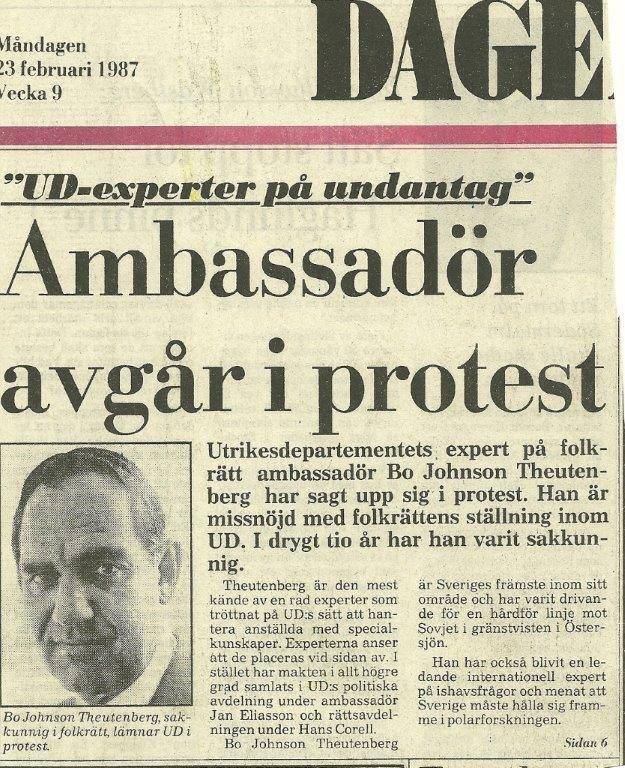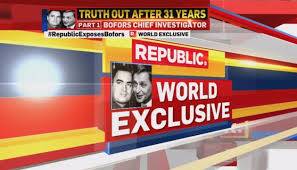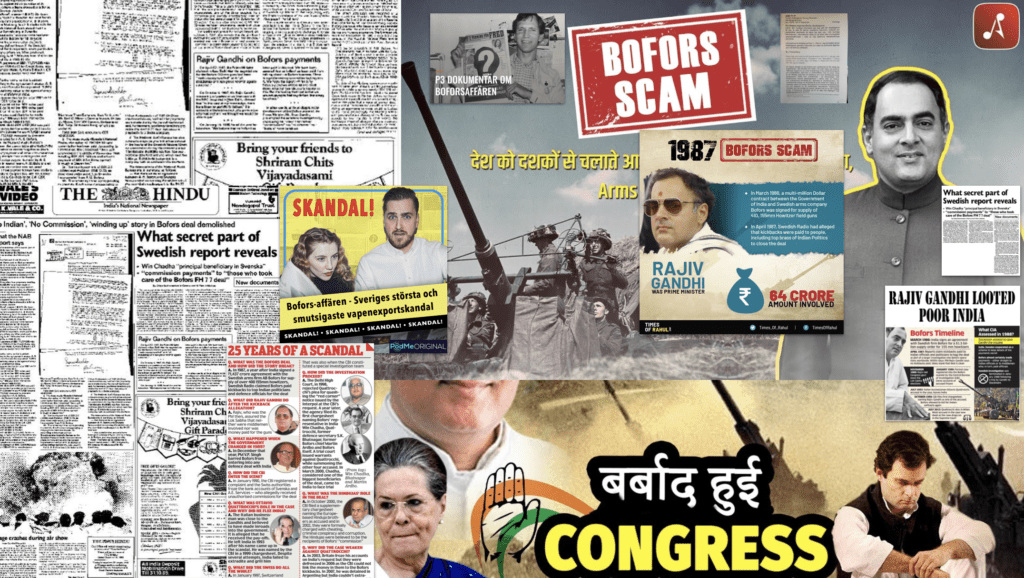The Bofors scandal, a major political scandal in India during the 1980s, had far-reaching consequences that extended beyond India’s borders, casting a long shadow over Sweden’s reputation and credibility. The recent Saab decision to invest in India turns a new page in the relationship between the two countries.

In the mid-1980s, the Indian government signed a $1.4 billion contract with the Swedish arms company Bofors AB, to supply the Indian Army with 155 mm field howitzers. The deal was seen as a crucial upgrade to India’s defence capabilities. However, allegations of corruption surfaced in 1987 when Swedish Radio claimed that Bofors paid illegal commissions to Indian politicians and defence officials to secure the deal.
The scandal was extensively reported in Indian media, with investigative reports by The Hindu newspaper playing a pivotal role. These reports detailed the alleged kickbacks and brought to light the involvement of powerful figures within the Indian political spectrum, including, as some accounts suggested, the then-Prime Minister Rajiv Gandhi. The scandal’s exposure was a watershed moment in Indian journalism, demonstrating the role of the free press in a democracy.
Dethroning of Rajiv Gandhi
The political fallout was significant. It contributed to the defeat of Rajiv Gandhi’s ruling Congress party in the 1989 elections. The credibility of the Congress party was severely damaged, and the Bofors scandal became synonymous with corruption in Indian political discourse.
For Sweden, the scandal tarnished the image of its arms industry, which had been held in high regard for its technological prowess and was considered relatively free of corruption. The allegations and subsequent investigations damaged Sweden’s reputation as a trustworthy partner in defence deals, creating a stigma that lasted for years. It was a blow to the Swedish policy of maintaining a clean and neutral stance in international affairs.

The lasting impact of the Bofors scandal on Swedish-Indian relations is difficult to quantify, but it certainly introduced an element of caution in defence dealings between the two countries. It also spurred changes in the global arms trade, with increased calls for transparency and regulation.
Today, the Bofors scandal is often cited in discussions about corruption in arms deals and the need for rigorous ethical standards and oversight in international arms trade. It stands as a reminder of the potential consequences when transparency is compromised in dealings of such a sensitive nature.
Timeline of Bofors Scandal
- 1986: The Indian Government signed a $1.4 billion contract with Bofors AB for the supply of 410 155mm field howitzers. This deal was intended to modernize India’s artillery.
- 1987: Allegations surfaced that Bofors paid bribes to Indian politicians and defense officials to secure the deal. The scandal was first reported by Swedish Radio in April 1987, claiming that Bofors paid kickbacks to Indian politicians and defense officials.
- Late 1980s: Investigations began in both India and Sweden. In India, the Central Bureau of Investigation (CBI) took charge of the probe, while in Sweden, the National Audit Bureau conducted inquiries.
- 1990: The Indian Government, under a new leadership, continued the investigation. Rajiv Gandhi, who was the Prime Minister when the deal was signed, and several others were accused of receiving bribes.
- 1997: The CBI filed formal charges against Rajiv Gandhi (posthumously), an Italian businessman Ottavio Quattrocchi, and several others for allegedly receiving kickbacks from Bofors.
- 1999: The Delhi High Court quashed all charges against the accused in the Bofors case, citing a lack of conclusive evidence.
- 2002: The Delhi High Court decision was challenged, and the case was reopened.
- 2004: The Indian Supreme Court directed that the accused should be charged and a proper trial should be conducted.
- 2011: The CBI moved to withdraw its case against Ottavio Quattrocchi, citing inability to extradite him to India and lack of evidence. The Delhi High Court accepted the CBI’s plea to drop the case against Quattrocchi.
- 2018: The CBI filed an appeal in the Supreme Court against the 2005 Delhi High Court order that had quashed all charges against the accused in the Bofors case.
Related article: Wooing India – France Pushes Forward In Arms Deals
Read More:
- The Hindu: The Bofors whistle-blower speaks out
- BBC: Bofors arms deal: ‘No evidence Rajiv Gandhi took bribe’
- India Today: Bofors scam – Evidence produced by The Hindu newspaper puts Government in a spot‘
- The Hindu: Bofors rocks Parliament; Opposition calls for reopening case
- NDTV: Timeline of Bofors scandal

